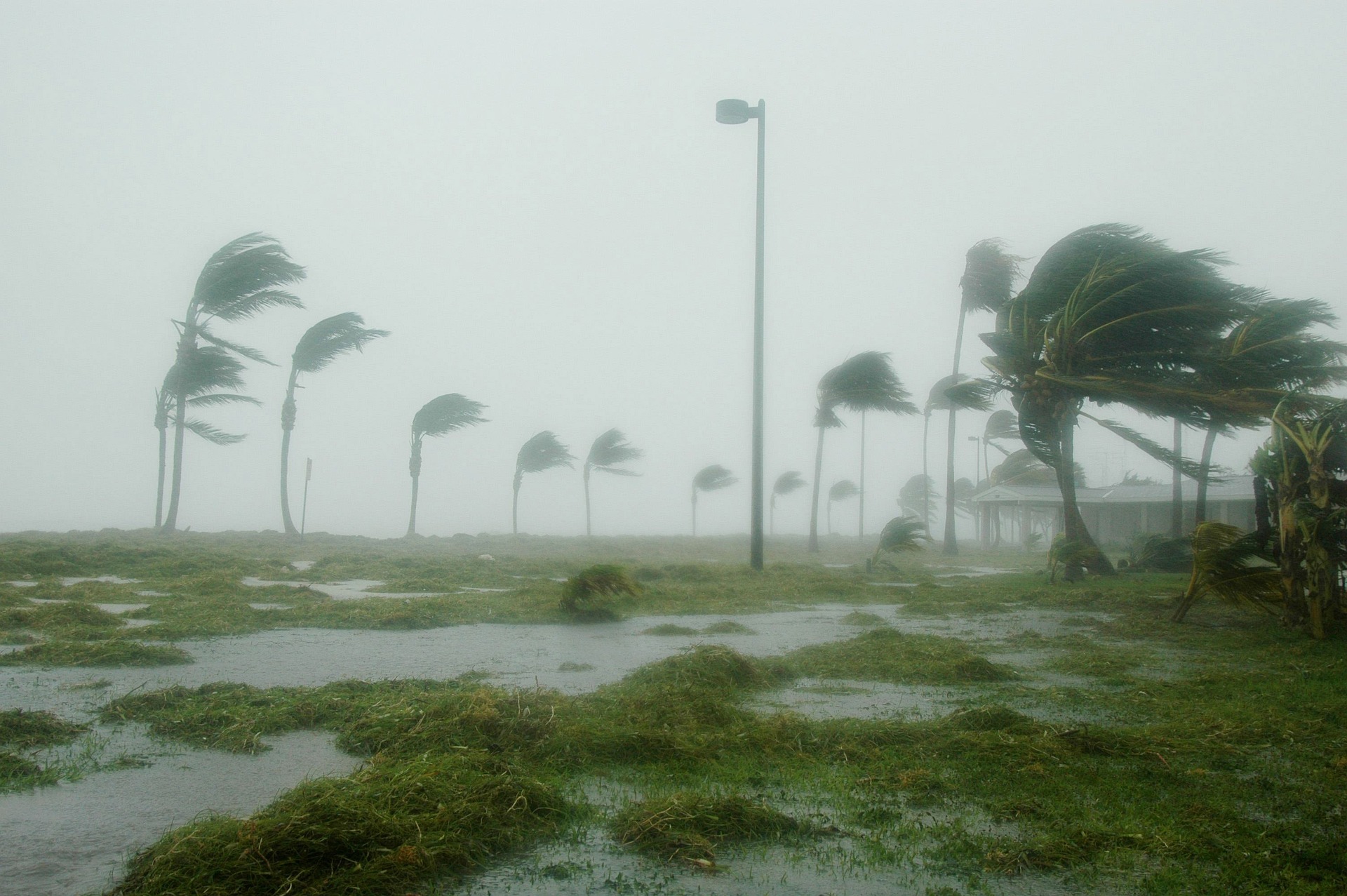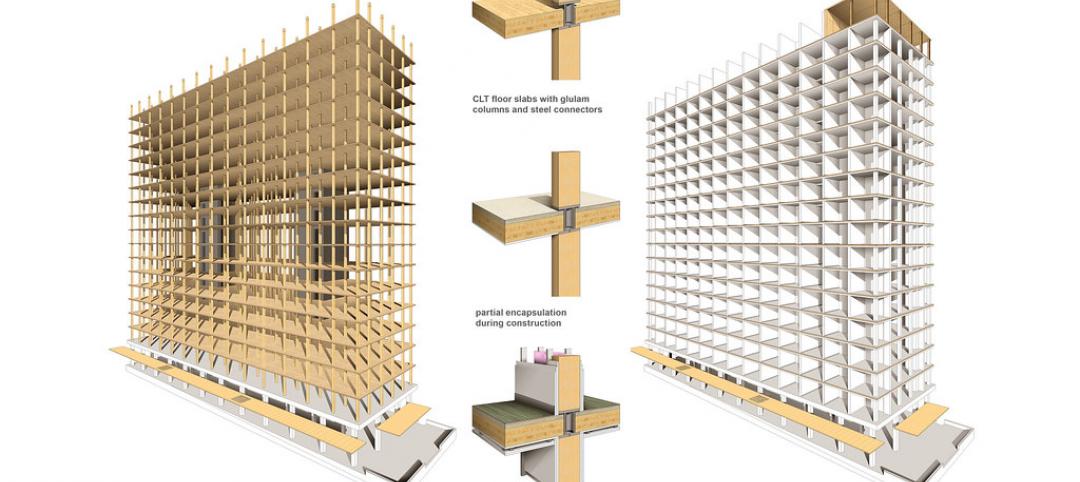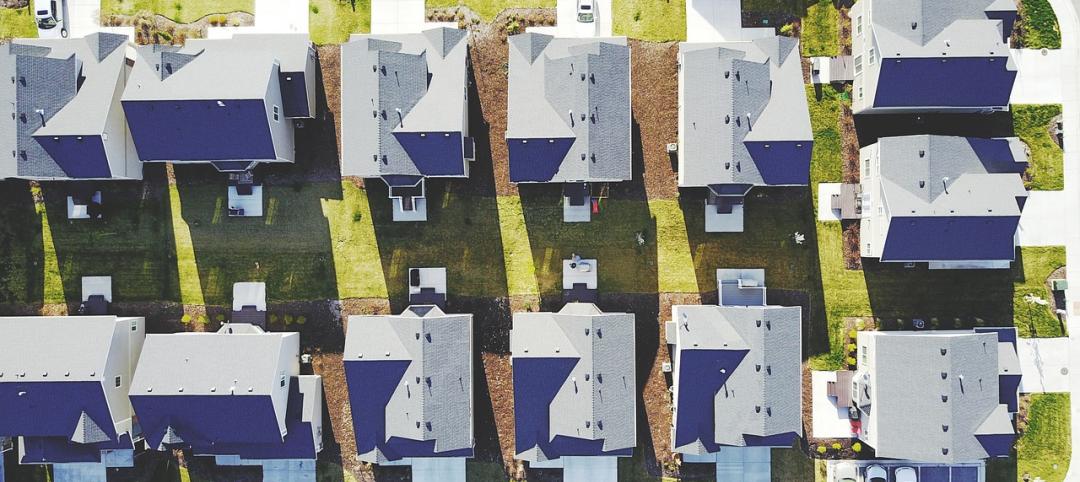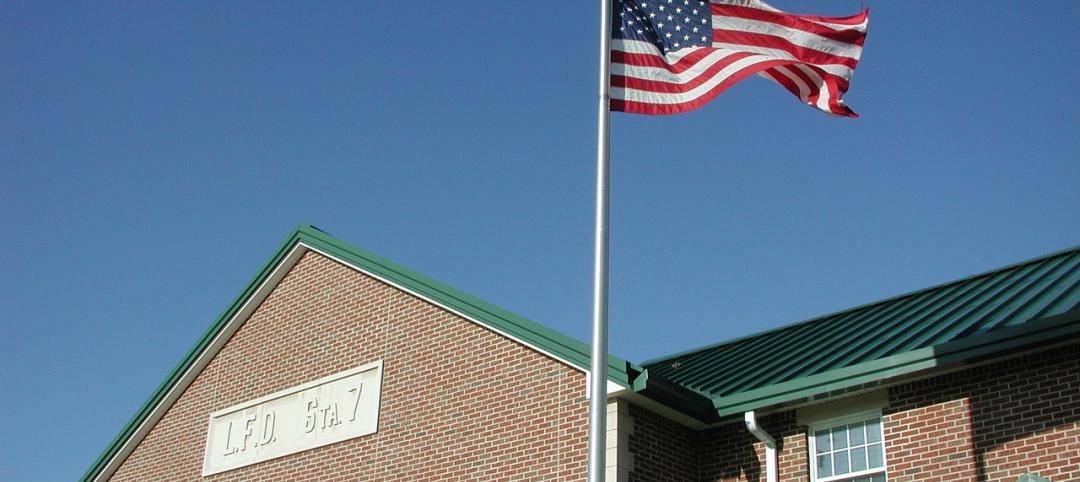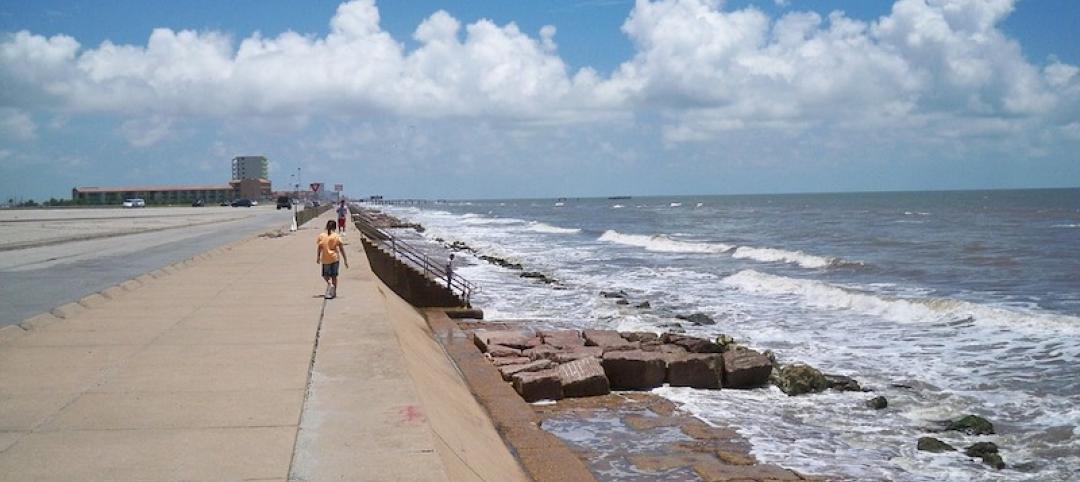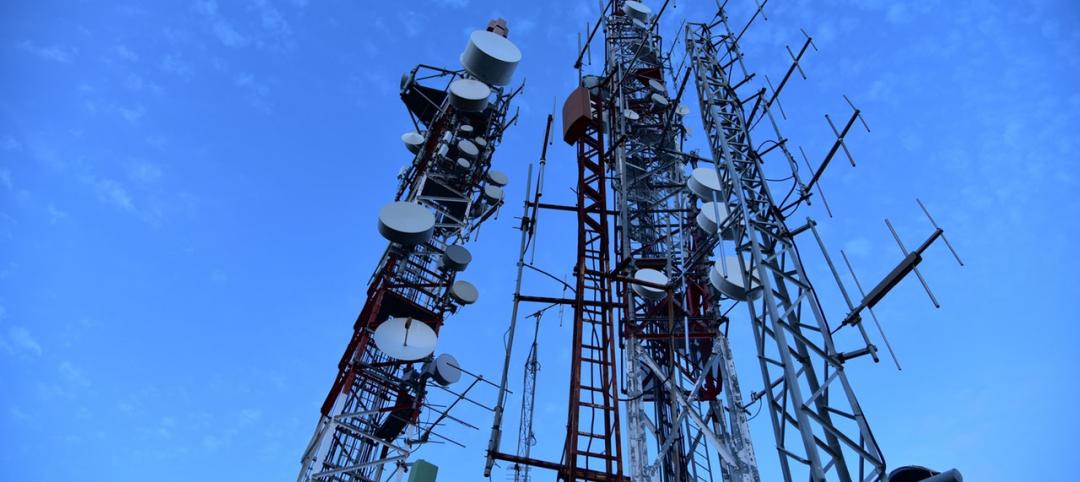The North Carolina Legislature’s rejection of building code updates likely worsened the damage caused by Hurricane Helene, code experts say.
Over the past 15 years, lawmakers rejected limits on construction on steep slopes, which might have reduced the number of homes destroyed by landslides. The legislature also blocked a rule requiring homes to be elevated above the height of an expected flood and weakened protections for wetlands that help the environment absorb stormwater runoff.
Lawmakers have slowed building code updates, making it harder for the state to qualify for federal climate-resilience grants. In 2013, the legislature changed how often North Carolina would update its codes to every six years from every three.
The change proved important. In 2015, the International Code Council added a requirement that new homes in flood zones be built at least one foot above the projected height of a major flood. Instead of adopting that mandate statewide, the legislature left it up to local officials to decide whether to adopt it in their community.
Related Stories
Codes and Standards | Aug 29, 2019
Code-conforming wood design guide available
The guide summarizes provisions for the use of wood and wood products in the 2018 IBC.
Codes and Standards | Aug 29, 2019
LEED residential market up 19% since 2017
The U.S. Green Building Council says that the LEED residential market has grown 19% since 2017. Nearly 500,000 single family, multifamily, and affordable housing units have been certified globally.
Codes and Standards | Aug 27, 2019
Slower speed limits in urban areas offer multiple benefits
Improved safety, better adoption of electric scooters and autonomous vehicles are possible if drivers ease off the accelerator.
Codes and Standards | Aug 27, 2019
Renewables creating significant savings for commercial and public facilities
Payback ranges from five to 15 years.
Codes and Standards | Aug 27, 2019
Oregon rescinds tsunami-zone construction ban
Other states have no ban, but have strengthened building codes for tidal wave resilience.
Urban Planning | Aug 27, 2019
Pop-up parks revitalize empty lots
Pop-up parks that provide instant open areas for public use and programming can revitalize under-utilized spaces and add vibrancy to neighborhoods.
Codes and Standards | Aug 22, 2019
Texas flood prevention initiative would create nation’s most ambitious barrier system
Plan including sand dunes and mechanical barriers would cost as much as $32 billion.
Codes and Standards | Aug 22, 2019
Multimedia app identifies construction hazards
Researchers say program will reduce injuries, save lives.
Codes and Standards | Aug 22, 2019
Cities take action to keep cool as climate heats up
Initiatives include cool streets, cool roofs, and broader urban tree canopy.
Codes and Standards | Aug 22, 2019
5G expected to give a boost to construction technology
Virtual reality, Internet of Things, robotics, and drones will all benefit from enhanced data flows.



